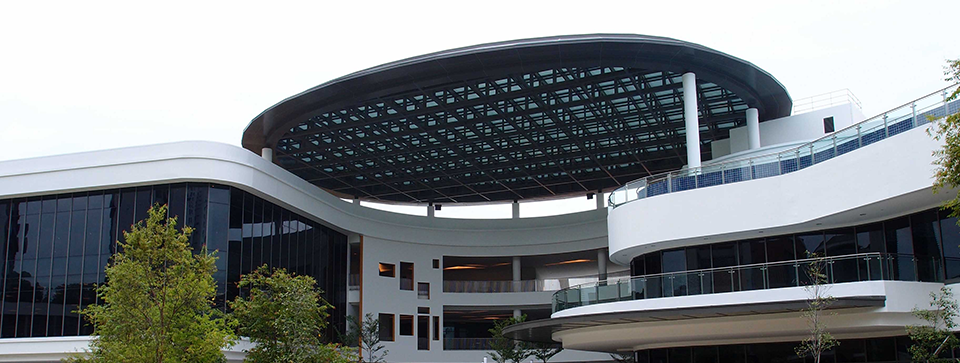Bahasa Indonesia

BAHASA INDONESIA PROGRAMME
Indonesia is the world’s 4th most populous country (238 million people) and it is the biggest country in Southeast Asia. It is one of the fastest growing major economies in the world and it will be in the top 10 countries with the strongest economy within the next decade. There are more than 300 ethnic groups with their rich and diverse culture living in the archipelago. Indonesia with its area of 1,904, 569 sq km of land and sea is abundant with natural resources such as petroleum, tin, natural gas, nickel, timber, bauxite, copper, coal, gold, silver and fertile soil. Indonesia is also the world’s 2nd highest level of biodiversity.
Indonesia and Singapore are close partners in myriad ways ranging from trade, investments to defense. Singapore is one of the biggest investor in Indonesia and Indonesia is Singapore number 5 trading partner. Currently, Bahasa Indonesia has become a third language option offered by MOE, realizing the importance of Bahasa Indonesia and the fact that Singapore is a very close neighbor to Indonesia.

 BAHASA INDONESIAN LEARNING OUTCOMES
BAHASA INDONESIAN LEARNING OUTCOMES
The Bahasa Indonesia Language courses are designed and structured for the busy working professional who aspires to attain language mastery in the Bahasa Indonesia Language.
Competencies achieved through attending the progressive courses are useful to building confidence so as to enable the individual to speak, understand and read basic syntax in the newly-acquired language focus.
courses are designed in a structured and coherent manner, positioned from an adult perspective so that they closely address and match the adults’ learner’s quest for continuing education.
After attending 3 levels (level 1 to level 3 totaling about 90 hours), participants will be able to speak and listen to the basic conversations in Bahasa Indonesia. They will also be able to read comprehensively and write short paragraphs using Bahasa Indonesia.
A certificate of proficiency is awarded to participants who successfully complete Bahasa Indonesia 3.
Full Course Descriptions (Course Topics)
BAHASA INDONESIA LEVEL 1
| Course Fee: Full fee: $654 |
Course Start Date: 6 January 2026 |
Course End Date : 19 March 2026 |
| Material Cost: Fresh Students - estimated $54 (Purchase/collection/delivery to be advised) |
Venue: Online Class (As this is an online course, the use of webcam will be compulsory for everyone.) |
Schedule: 7pm to 830pm, every Tuesday & Thursday for 10 weeks |
| Registration Start: Closed |
Registration Deadline: Closed |
Course Schedule |
All self-sponsored Singapore Citizens aged 25 and above may use available funds in their SkillsFuture Credit account to pay their course fees.
SFC Course Code: ***TGS-2016503377*** Learn more
For NUS Alumni/Staff/ Student, there will be a 10% discount off the course fee before GST.
This course is designed to teach students the basics of Bahasa Indonesia language which include basic grammatical concepts, text reading and conversation skills.
Course Content:
1. Greeting, basic personal information
2. Leave taking
3. Family relations
4. Physical appearance, description of people
5. Food and taste
6. Bargaining
7. Likes and dislikes
At the end of the course, the participants will be able to understand and use familiar everyday expression. They can introduce themselves and others. They will be able to ask and answer questions about personal details such as where they live, people they know and things they have. They can also express what they likes and dislikes.
Required Textbooks:
1) Johanna W. Istanto et al (2012), Tata Bahasa Indonesia Praktis-Komunikatif Untuk Pemula (Beginner level). Singapore: Mc Graw Hill.
2) Ellen Rafferty et al (2014), Let's Speak Indonesian, Book 1 (Beginner Level). Singapore: NUS Press.

